From UV rays to chemical treatments, there are so many different factors out there that can damage your hair.
How do you know if your hair has been damaged?
The first sign will be a dryness and a loss of shine, as well as a brittle and rough texture. You will likely also notice breakages, an itchy scalp and split ends, as well as more tangles than usual.
Wondering how you can treat and heal damaged hair?
By using some of these 10 effective hair care ingredients…
Hydrolyzed Proteins
Your hair is primarily made up of proteins, so, once these are damaged, it only makes sense to replace these damaged proteins with fresh, new ones.
However, protein molecules are too large to easily penetrate into your hair shaft, meaning that their molecular structure needs to be altered in order for them to have any sort of impact.
How are they altered?
Through a process called hydrolysis, which breaks protein molecules down into tiny particles that can quickly be absorbed into the hair. The process also makes proteins water soluble, meaning that they can then easily be used in a wide variety of formulas.
There are a few different types of hydrolyzed proteins out there, with the most common being:
- Hydrolyzed Keratin Protein – this protein usually comes from sheep’s wool, and not only coats each strand of hair to protect it, but also fills in any missing gaps of keratin in the hair. This helps to thicken hair strands, while encouraging hair to retain moisture, reducing dryness. With keratin being the main component of your hair, this is a popular ingredient when it comes to healing hair damage
- Hydrolyzed Silk Protein – this comes from silk, and is used to boost the hair’s elasticity, while adding in moisture to make hair silkier than ever
- Hydrolyzed Wheat Protein – this is an extremely lightweight ingredient, making it especially effective at penetrating into hair shafts, and resulting in stronger, healthier hair, with a better ability to retain moisture
Olive Oil
Olive oil is one of the most effective oils out there for nourishing your hair.
Why is olive oil so powerful?
Because it is packed with a variety of vitamins, including A, B, C and E, while also containing antioxidant properties. All of this helps to neutralize the free radicals that would otherwise have continued to cause damage to your hair.
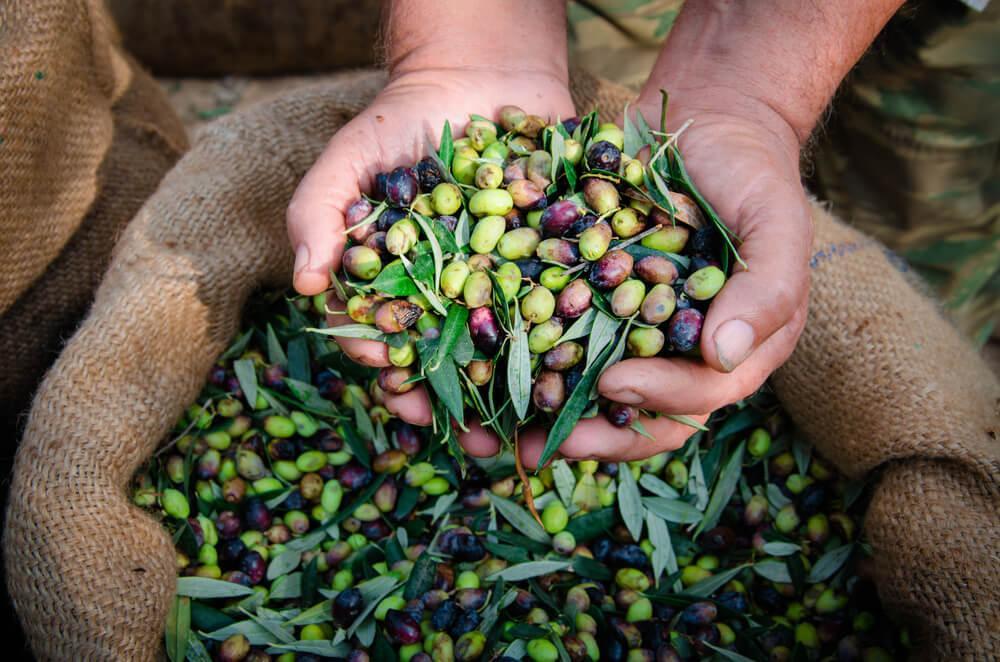
Not only that, but olive oil also has a high level of fatty acids. These act as an emollient, meaning that they moisturize and condition your hair, leaving it soft, smooth and silky, with a much lower chance of frizz.
Rosemary
Rosemary is a beautifully fragrant herb that is often used in the kitchen. However, it has recently been making an appearance in hair care products too, thanks to all of the incredible hair-boosting benefits it brings.
Wondering what rosemary can do for your hair?
Quite a few different things…
One of its most well-known benefits is that it can help with hair loss, which can be a sign of damaged hair. Rosemary helps to stimulate blood circulation in the scalp, meaning that the scalp then receives more blood, oxygen and nutrients, encouraging it to speed up hair growth. Not only that, but it thickens hair as well, which can really help those who have thin hair.
If all of that was not enough…
Rosemary also unclogs hair follicles, soothes the scalp and any inflammation, while preventing flaking and dandruff.
Black Tea
Are you a tea drinker?
If so, brew a cup of tea for your hair the next time you make one for yourself.
Why?
Because black tea can really help to heal and nourish your hair.
It does this in a few different ways, including:
- Promoting hair growth – tea contains a compound called EGGG, which helps to prevent hair thinning. It also interferes with the production of DHT in the body, which is a compound that leads to hair loss
- Soothing an itchy scalp – an itchy scalp, along with dandruff, is a sign of damaged hair, but tea can help with this thanks to its anti-inflammatory properties. Tea is also antiseptic, meaning that it can remove dead skin cells and clear away impurities that are clogging up hair follicles, allowing your hair to grow freely again
- Adding shine – tea is packed with polyphenols, as well as many vitamins, all of which strengthen and restore hair, giving it extra shine and gloss
- Oil production – your scalp’s natural oil production has a huge impact on your hair. If it is over-producing, your scalp and hair will be oily, while if it is under-producing, you will likely experience dryness. Tea can help with both of these, as it rebalances the scalp’s natural pH levels, which then helps to rebalance your scalp’s oil production
- Preventing split ends – if you often experience split ends, tea can really help with this, thanks to its antioxidant and panthenol content. These strengthen your hairs, preventing breakages, including split ends
Don’t have any black tea?
That’s ok, because there are several types of tea that can help your hair. Give white tea a try, or chamomile if you would like extra shine. Peppermint is helpful when it comes to reducing oil production and dandruff, while sage tea is thought to be able to prevent gray hairs from forming.
Avocado
It is common knowledge that avocados are so good for the health in general, but did you know that avocado is also fantastic for your hair?
This fruit is packed with fatty amino acids, and when these are applied to the hair, they coat the hair shaft and help it to retain moisture, giving it long-lasting hydration.
Avocado is also high in several vitamins, minerals and antioxidants, which is why it is often considered to be quite the superfood.
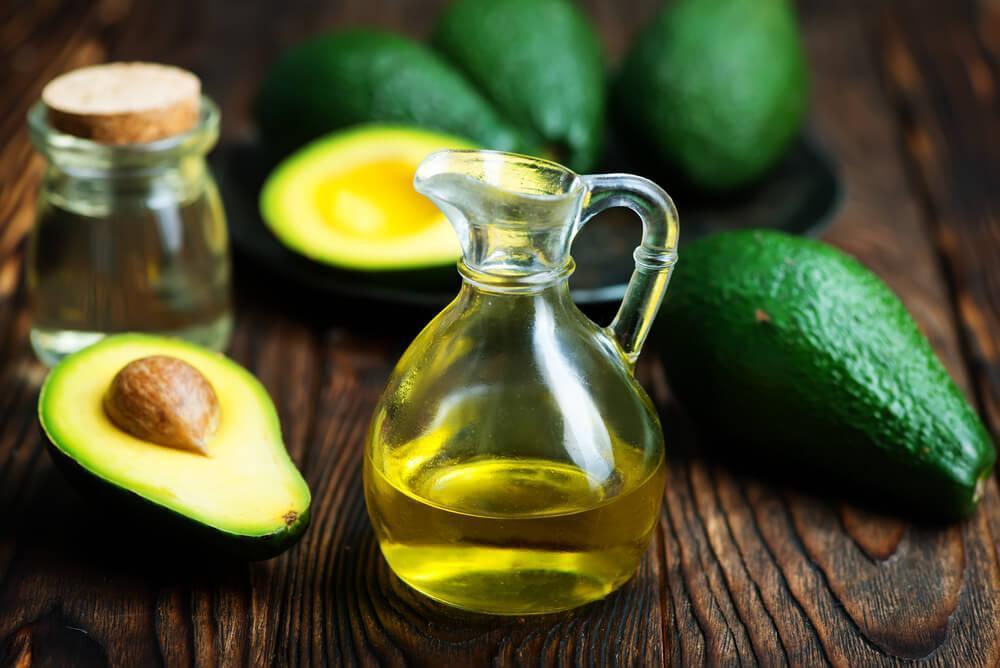
Not only do these nutrients benefit your body when consumed internally, but they impart those same benefits to your hair when applied topically, doing everything from protecting your hair from free radical damage to conditioning and strengthening the hair, repairing other forms of damage.
Avocado can be found in a number of different hair care products, but the best effects will be found in products designed to remain on your hair for longer periods of time, such as in conditioners and hair masks, as these allow the ingredient to really soak into your hair shaft and work its magic.
Aloe Vera
Aloe vera is a succulent that has long since been used for medicinal purposes, and is actually considered to have more healing properties than the majority of other plants out there.
What does aloe vera do for the hair?
One of its greatest benefits is its soothing properties, which applies to both the skin as well as the hair. Studies have shown that aloe vera is extremely effective at soothing an inflamed scalp, which is often brought about by dandruff.
Aloe vera is also a great cleanser, and is able to strip off extra oil from each strand of hair, along with residue that any other hair products have left behind.
You may be thinking…
Don’t lots of other ingredients do this too?
Yes, but the difference is with how gentle aloe vera is. Unlike the majority of hair care chemicals that cleanse the hair, aloe vera preserves your hair’s integrity, cleaning it while keeping it healthy and soft.
If you have ever been sunburned, then you have likely used aloe vera to help heal your skin. Its high collagen and vitamin content is what makes it so effective at this, and there are studies that suggest that aloe vera can have the same effects on the hair, especially helpful for hair that has been sun damaged.
Amino Acids
As mentioned above, keratin is the protein that makes up the majority of your hair, meaning that increasing your body’s natural keratin production can really help to boost the health of your hair.
How exactly do you increase your body’s keratin production?
Through the use of amino acids, as these are what create keratin in the body and hair.
There are more than 20 amino acids out there, but there are four in particular that are especially effective when it comes to treating hair damage:
- Cysteine – this makes up the largest component of keratin, and provides the hair with sulfur, which is vital for strength, elasticity and texture
- Arginine – stimulates blood circulation in the scalp, which promotes hair growth
- Methionine – helps to create pre-collagen, while also preventing oxidative stress. Research suggests that this amino acid can even help to slow down the onset of gray hairs
- Lysine – this amino acid contains restorative properties and boosts your body’s collagen production, which therefore strengthens the hair and improves its health
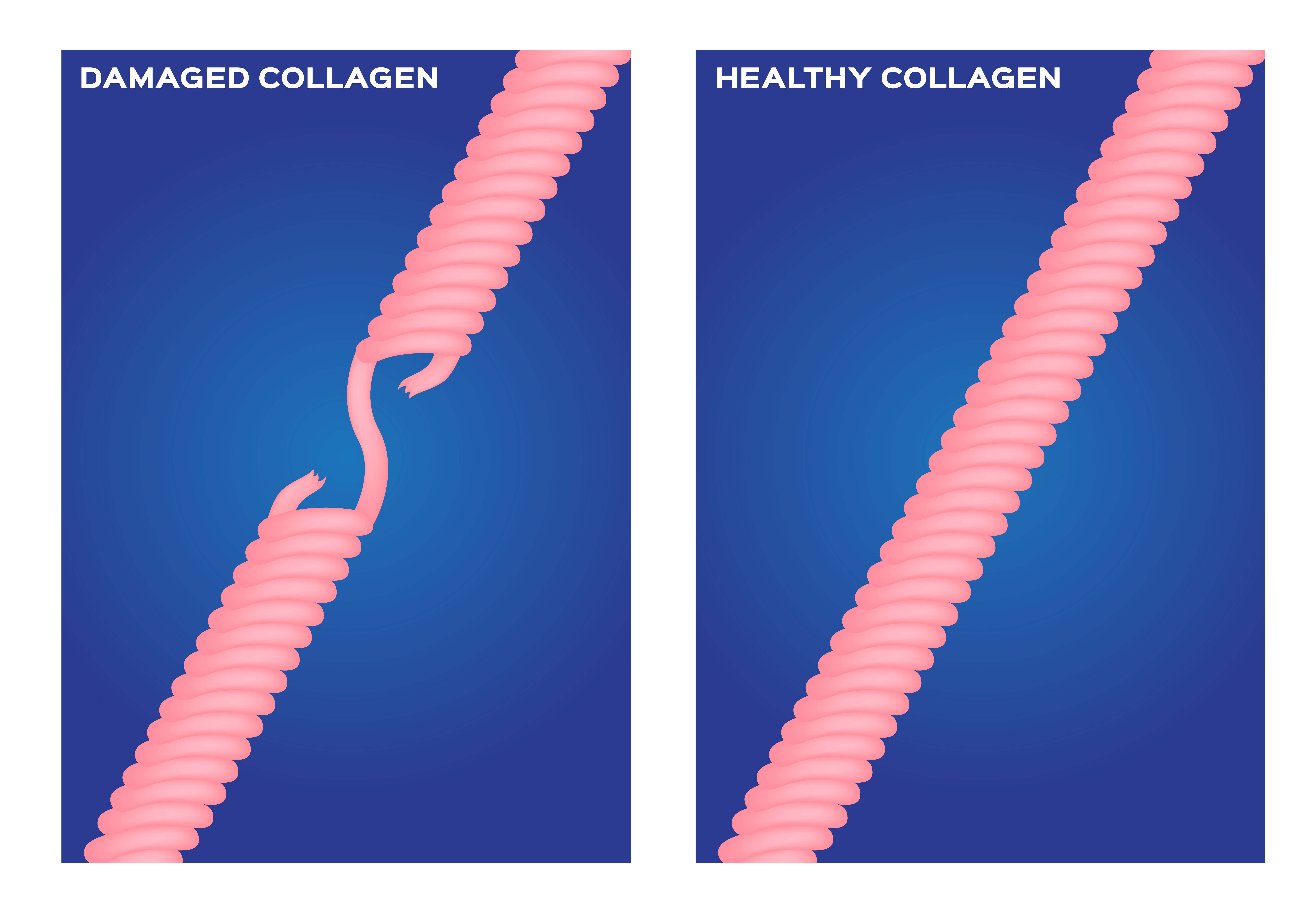
Don’t forget…
While these amino acids can be found in hair care products, you can maximize their effects by ensuring that your diet also contains high amounts of them.
B Vitamins
While just about every vitamin out there will benefit your hair in some way, the B vitamins are especially useful, in particular biotin and pantothenic acid.
What makes the B vitamins so great?
Studies have shown that these vitamins are able to significantly increase the diameter of hair strands, while also thickening hair fibers, therefore making them much stronger.
This is a popular ingredient among those who are trying to reverse hair loss, as it is fantastic at boosting hair growth and health.
There are eight B vitamins in total, and while the two mentioned above are the most effective when it comes to healing damaged hair, each of the eight vitamins have their own distinct advantages, so look for products that contain the entire B vitamin complex.
Shea Butter
You have likely already seen shea butter in many hair care formulas out there, because this gentle and nourishing ingredient has so many different healing properties. Its use has been documented as far back as the 14th century, as this ingredient can treat a wide variety of issues.
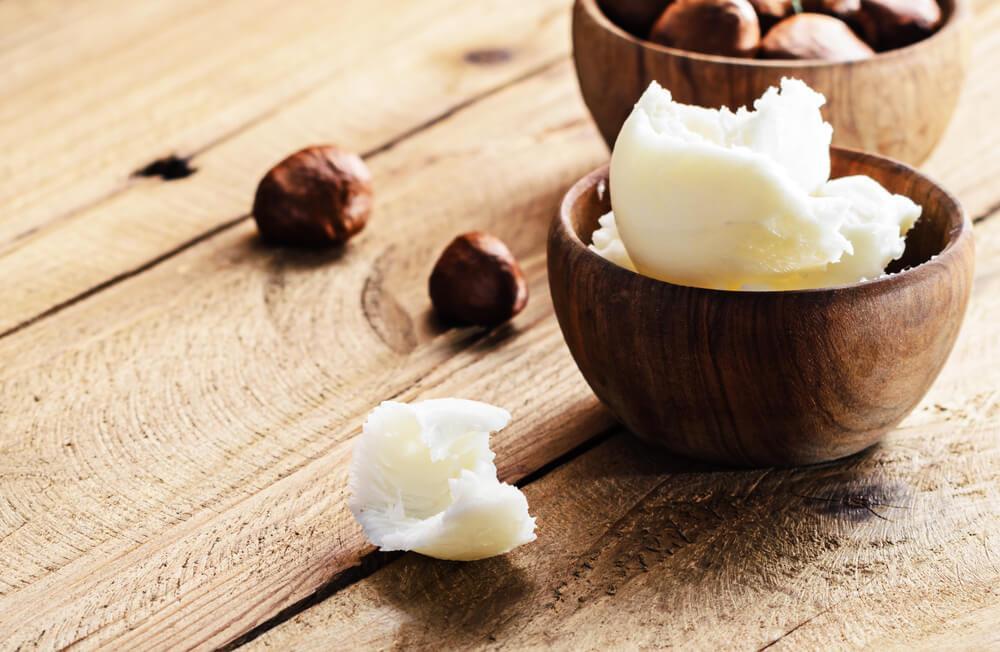
When it comes to the hair, shea butter has quite a few benefits, such as:
- Moisturizing – extremely effective at moisturizing the scalp, shea butter can make a huge difference when it comes to helping the hair to retain moisture, while boosting softness
- Prevents breakages – with a high fatty acid content, shea butter can easily penetrate the hair shaft, strengthening it and preventing breakages
- Anti-inflammatory – shea butter contains powerful anti-inflammatory properties, which many researchers believe is due to a compound called amyrin. Thanks to this, shea butter can reduce redness and irritation on the scalp, without clogging up its pores
Zinc
Zinc is key when it comes to healthy hair, and while the best way to obtain this trace mineral is through your diet, zinc is also available in many hair care products and supplements.
What exactly does zinc do?
It helps to strengthen the protein structure that makes up your hair follicles, giving you hair that is able to withstand a much higher level of damage.
Zinc is also important when it comes to the production of DNA and RNA, both of which play a key role when it comes to the creation of hair follicle cells.
Have you noticed gray hairs or hair loss too?
If so, zinc could help with this. Research has shown that zinc is able to help graying hair return to its original color, especially if the grays have been caused by hormonal changes.
It is so easy for your hair to become damaged, and unless this is treated soon, the damage will only become worse as time goes on. Even if your hair is as healthy as can be, these 10 ingredients will still help to strengthen and moisturize your hair, protecting it from any damage that may come its way.


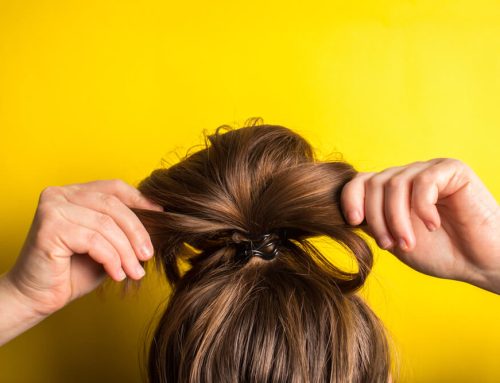
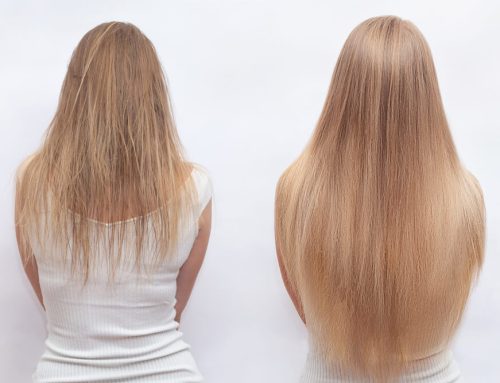
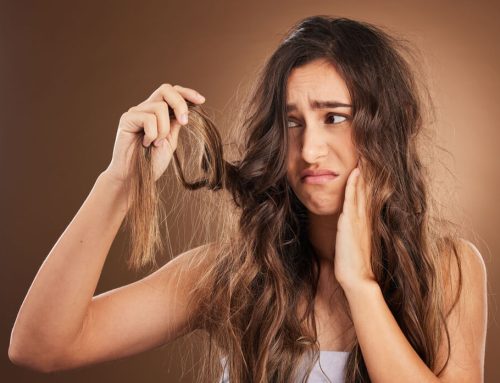

Leave A Comment